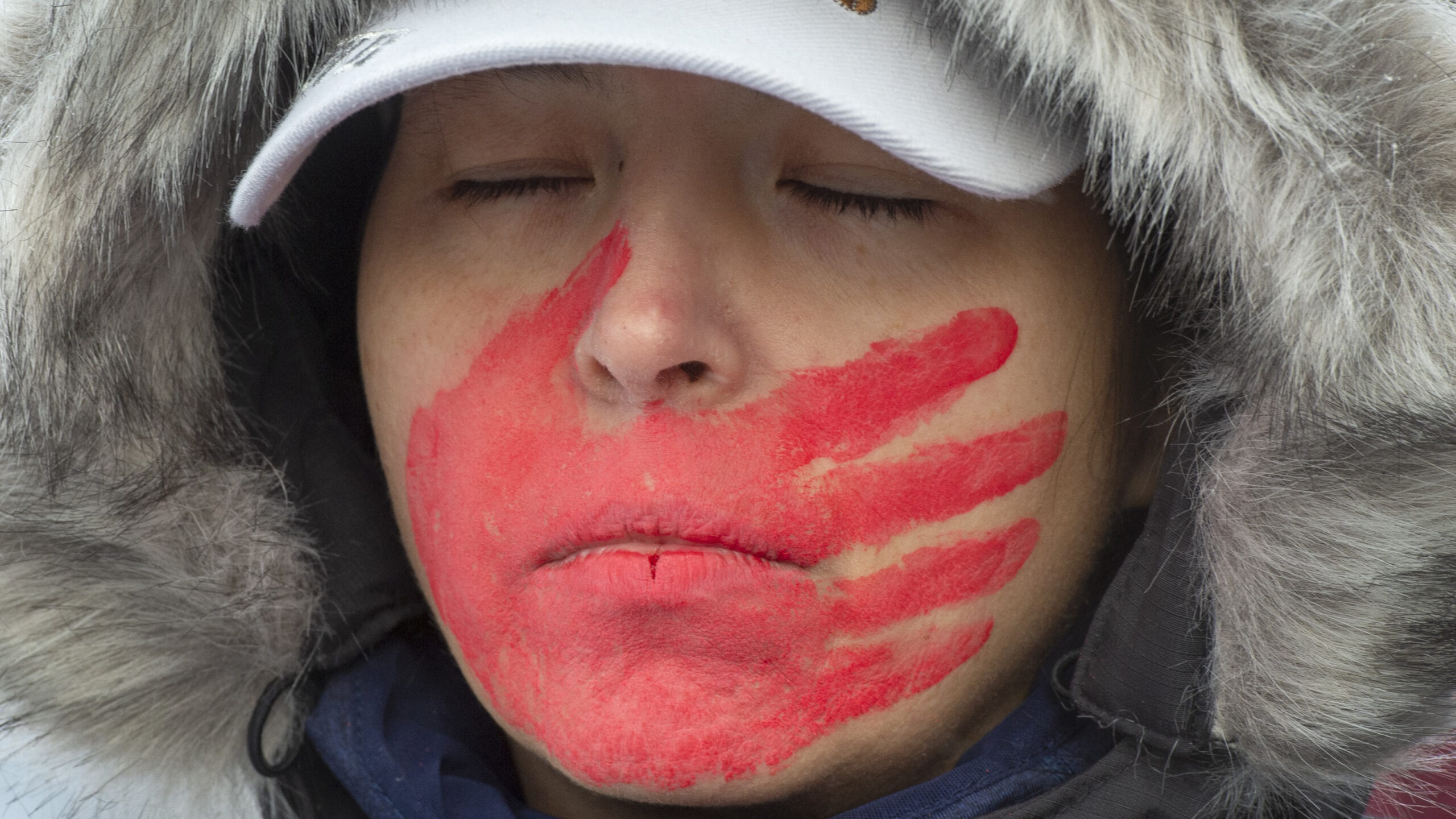Fourteen female engineering students were killed and another 14 were injured in a shooting by a man motivated by hate towards women at École Polytechnique in Montreal on Dec. 6, 1989.
The day is forever marked as The National Day of Remembrance and Action on Violence Against Women.
The day is also known as White Ribbon Day and acknowledges the tragedy and acts as a reminder that Canadians need to do better when it comes to preventing gender-based violence.
The Canadian Women’s Foundation, a national non-profit organization aimed at ending violence against women, moving low-income women out of poverty and empowering girls, said that 64 per cent of people in Canada know of a woman who has experienced physical, sexual, or emotional abuse.
Nichelle Laus, a former Peel and York Regional Police officer turned Tik Tok influencer, said women wanting to go into male-dominated professions should expect some push back.
“Go for it, but be prepared to do some fighting back, to still feel that sort of pressure of being (in) that minority, specifically in jobs that are more or less male dominated,” she said.
Laus said there is more work to be done to stamp out harassment in the workplace.
“It definitely still happens I’m sure, the comments and people are more aware of it which I’m thankful for,” she said. “But there’s still going to be people all the time that’ll have their own ideas and own comments about what their workplace should look like.”
Prime Minister Justin Trudeau issued a statement Tuesday on the National Day of Remembrance and Action on Violence against Women.
“On this day, and throughout the 16 Days of Activism against Gender-Based Violence, we acknowledge that the hatred that motivated this tragic mass shooting is still a very real threat for women in Canada and around the world. This is particularly true for marginalized and racialized women,” he said.
Tasha Beeds, an Indigenous and Women’s activist from Saskatchewan, saidshe won’t forget the trauma.
“Violence touches us at all levels all genders all races all socioeconomic statuses, no one is immune from it,” she said
Beeds was the primary speaker at Humber’s equity and inclusion dialogue virtual event for White Ribbon Day. She delivered several emotional speeches about her life as both a Black woman and an Indigenous woman living in a society rooted in colonialism.
She expressed herself through poetry, calling it Medicine Words or Maskihky words.
“I got lost early on, I wanted white skin because of the boys in the town, the town boys,” she said. “The ones I looked up at from the puddle of mud where I belonged, they said coloured mud, don’t you get up, stay down.”
She also touched on Canada’s discrimination and violence against both women and indigenous women. Beeds acknowledged the 1989 tragedy and urged people to look to lesser known examples of such violence.
“Today I wanted to say the women who were just found in the last two weeks in Winnipeg, Man. Marcedes Myran, Rebecca Contois and the woman they named as ‘Buffalo Woman.'”
According to Statistics Canada, almost 56 per cent of Indigenous women have experienced physical assault, while 46 per cent of Indigenous women have experienced sexual assault.
At the end of the presentation Associate Vice-Provost Melanie Spence-Ariemma gave some closing remarks.
“My key takeaway is humanize what you hear, what you read, what you learn, what you listen to,” Spence-Ariemma said.
“What if this violence was your mom? Your granddaughter? Your aunt? Your sister and your friends. So as you’ve said, learn to listen and grow those seeds,” she said.

